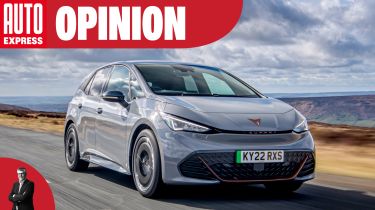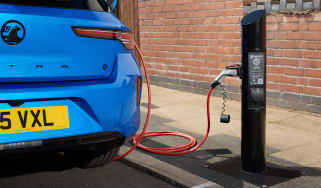Even the car industry isn't sure if EVs are the future
Editor Paul Barker wonders how new car buyers are supposed to know if electric cars are the future when the industry itself doesn't know the answer

The trouble with the car industry and its move to electrification is that there are too many different opinions and vested interests. It’s proving almost impossible to set out a clear direction that legislation and incentivisation can get behind when there’s so much internal infighting, and the sector as a whole can’t decide what it wants.
In the past couple of weeks alone, I’ve heard the bosses of two major car companies send very different messages about how they envisage the industry’s direction of travel.
Firstly, Toyota, whose European chief corporate officer Matt Harrison had a clear ‘technology neutral’ message – that we shouldn’t push manufacturers, and more importantly consumers, down one particular path, and everything from hydrogen to synthetic fuels, as well as electric, could be part of the long-term solution.
A week later, I was chatting to SEAT and Cupra boss Wayne Griffiths, who was unequivocal in saying that electric cars are the answer and that legislators and consumers need to understand this and get behind them. He acknowledged the potential for other technology in the longer term, but was adamant the journey to 2035 will be one taken using battery power.
It’s hard enough to manage the biggest shift in personal mobility for almost 150 years without the added confusion of such muddied messaging. But it’s understandable – brands that are big in the US might be less focused on EVs than those in Europe, because that market is less interested in electric cars.
However, a united voice would make it easier for car makers to clarify what they want from regulators, as well as assist in incentivising it.
In many ways, it’s a shame that low-emission synthetic fuels weren’t a decade or so more advanced, or we could have considered keeping internal combustion engines, while mitigating the big drawback of exhaust gases.
But that tech didn’t emerge quickly enough, and EVs and the charging network are rapidly addressing pitfalls around range, price and infrastructure. They’re not there yet, though, and an industry that can’t present a united front because it doesn’t seem to know for itself what the answer is, won’t get us anywhere.
Do you think electric cars are the future? Let us know your thoughts in the comments section...




